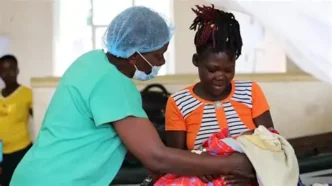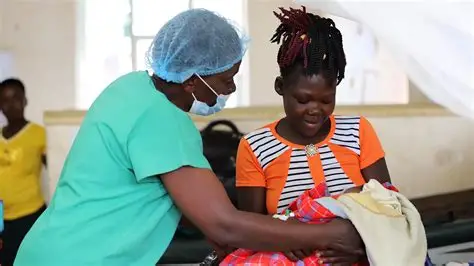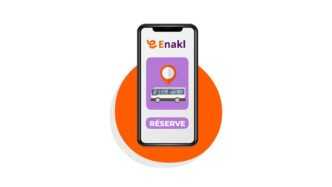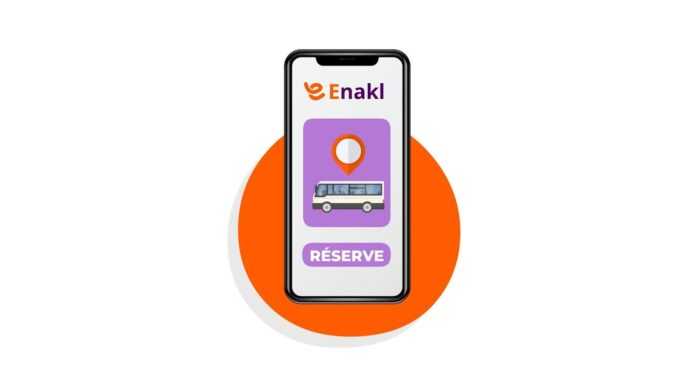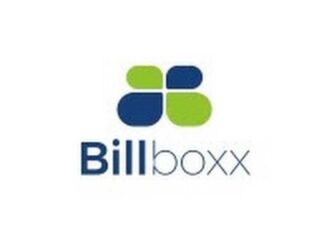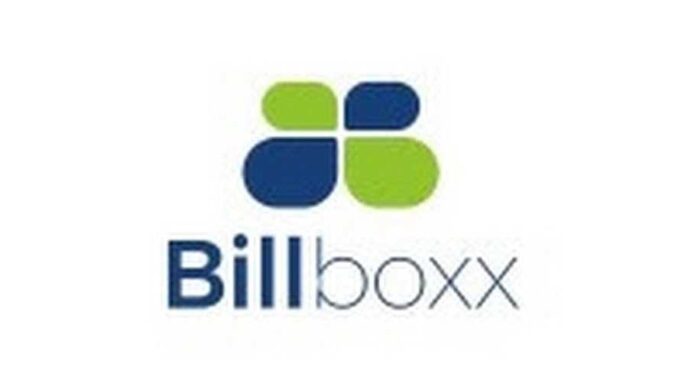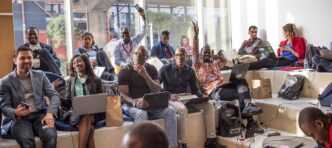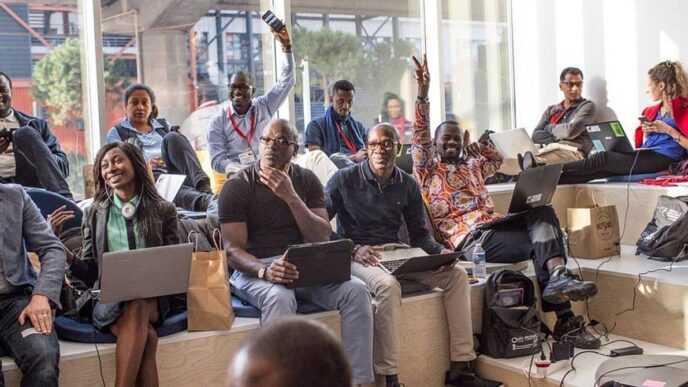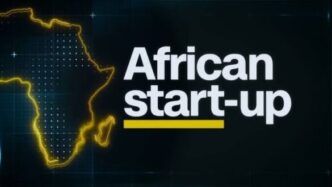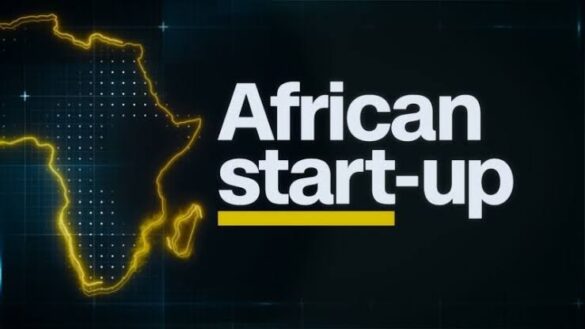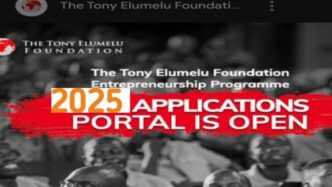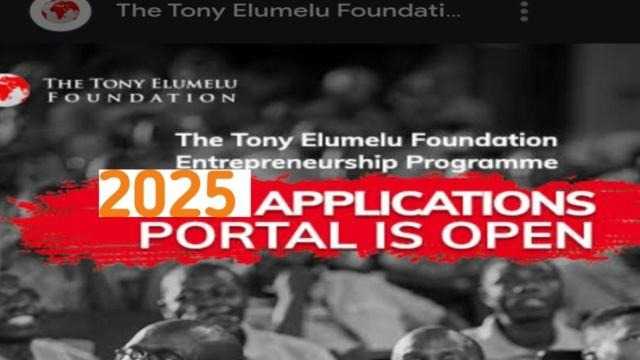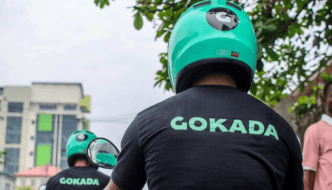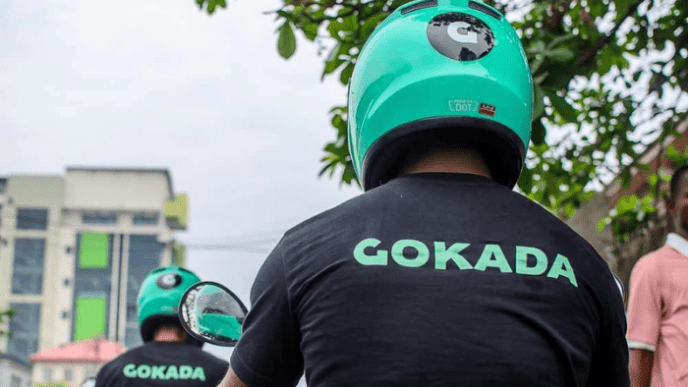By Genevieve Azelama
When it comes to growth quite like the Durian tree it is the silent but impactful milestones that signal that a true transformation is taking place this growth is not loud or showy but making a real difference this is the case for Uganda’s health care system with the current adoption of mobile health (mHealth) revolution which hums quietly through mobile phones, pings through SMS alerts, and pulses through apps designed to care. This health tech revolution is more than your average tech story; it is Uganda’s story of people, resilience, and the bold rewriting of access to healthcare.
A Digital Pulse
As in many nations, the advancement of the health care system in Uganda has faced certain obstacles, such as distance and understaffing, which have made certain healthcare services a luxury in some Ugandan communities. But today, Uganda has put its foot forward by utilizing digital tools which now serve as a stitching lifeline across these gaps, text by text, byte by byte.
Front and center in this transformation is a constellation of platforms targeted at reshaping the way healthcare services are executed, delivered, and received by those who need them. In line with this, mTrac, for instance, empowers frontline health workers to submit real-time reports via SMS, helping flag outbreaks within hours rather than weeks, providing a time-effective healthcare solution capable of saving and protecting numerous lives.
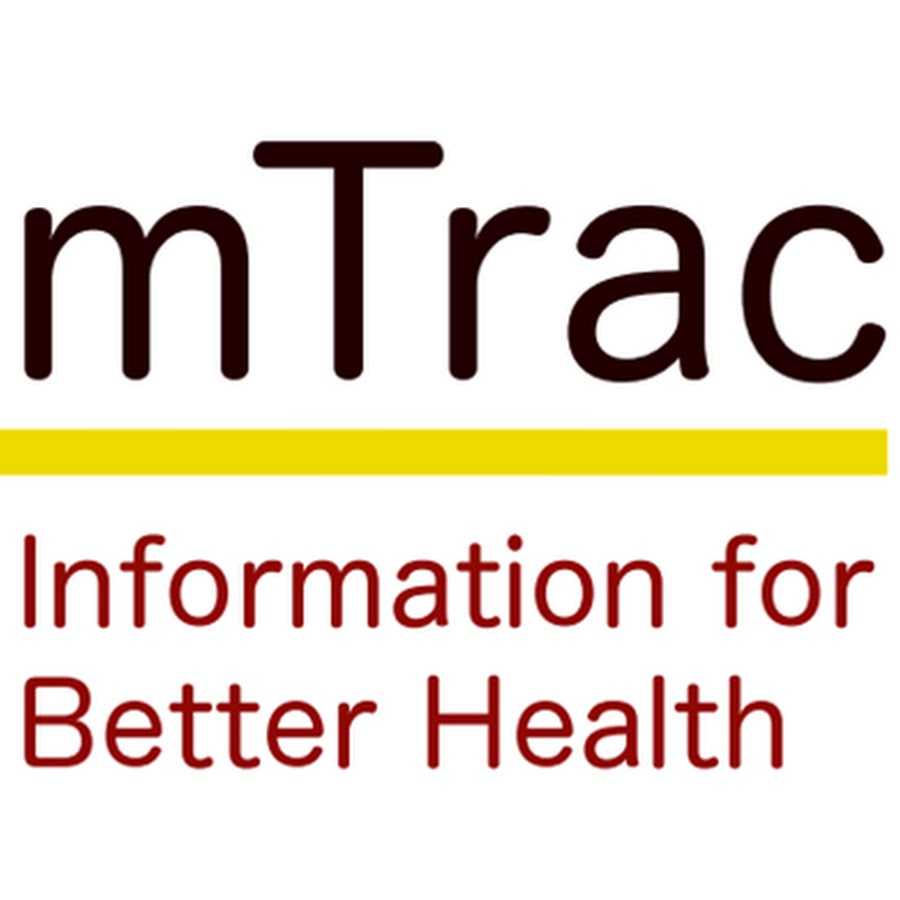
On the other hand FamilyConnect delivers timely reminders to expectant mothers, offering health tips in six local languages, this is a solution that has been able to grow and adapt to its environment, Uganda like many other African countries has a population of diverse cultures and languages, and FamilyConnect is a health solution designed to carry along as many people as possible in a language that is familiar to them.
Additionally, there is Rocket Health, a Kampala-based telehealth service that connects patients to licensed doctors and health care professionals via SMS or WhatsApp, offering remote consultations and medicine delivery with a cost-effective outlook by providing medicine at a fraction of the cost.
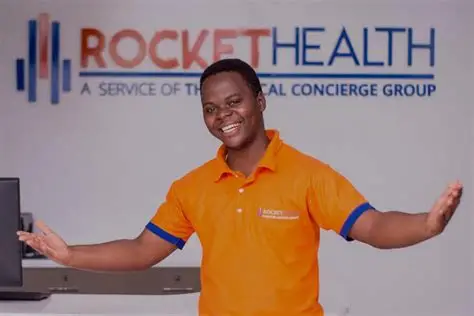
Beyond SMS: Smart Devices for Smart Health
This silent and highly impactful growth of mHealth in Uganda has established potential for future advancement, which goes beyond only messaging. Through the EVA System, a mobile AI-enabled colposcopy is now used in the field to perform cervical cancer screenings and forensic exams for survivors of sexual violence, an invaluable resource present in regions where it is truly needed.
Meanwhile, the Smart Health App provides a platform where caregivers can store patient data digitally, book virtual appointments, and receive care instructions on everything from immunizations to childhood illnesses. Through these solutions, Uganda is engaging useful technology not for its sake of it but for the health, care, survival, and dignity of its people.

A Nation Connected by Care
A highly efficient and commendable side of Uganda’s mHealth success story is its high focus on inclusivity and adaptability to its environment. These platforms do not require smartphones or data plans. Even a basic feature phone model with these mHealth tools becomes an advanced and super-powered tool of empowerment. In the hands of a health worker or a mother in Gulu, a simple text message becomes a diagnostic pathway, a reminder to vaccinate, a step toward a healthier life.
This democratization of care lays the foundation for a health system that is not only stronger and has the potential to cater to and work for everyone. And with over half the population projected to be reached by mobile health platforms in the next five years, Uganda is setting a benchmark for what digital equity can look like on the African continent.
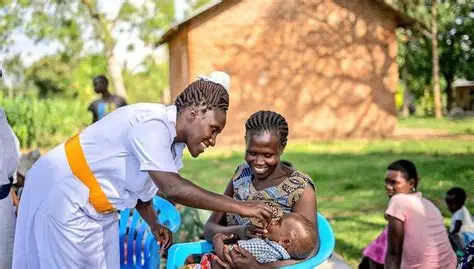
The Bigger Picture
Uganda’s embrace of mHealth is big picture focused on health as a right for everyone, no matter where they are in the nation. It goes beyond solving some technical problem to the reaffirmation of something deeper: that everyone, regardless of where they live, has the right to be seen, heard, and healed.
This is the future of African healthcare, not as a mirror of Western systems, but as a uniquely African response to African realities, for Africans by Africans, built on African platforms of community, powered by technology, and carried forward by hope and inclusivity.
As one nurse in Mbale put it, smiling with a mobile phone in hand:
“This is more than a tool. This is our connection to life.”
